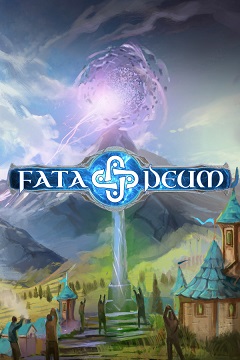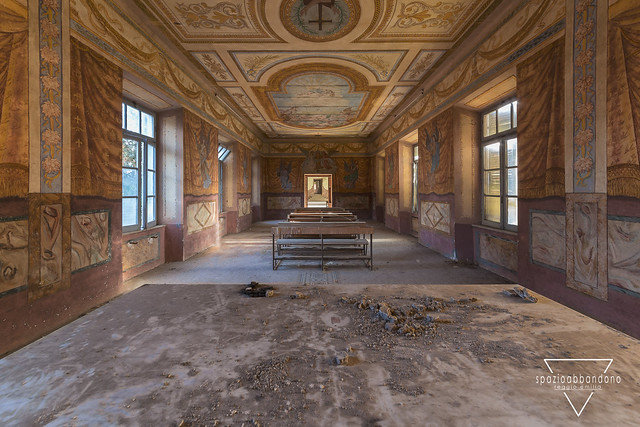


“O my true light, you seem to have denied explicitly, in a particular verse,” said I, “that prayer can bend high Heaven’s decree, Yet this is all the people pray for here. He questions Virgil about the curious request, something that Virgil had described as useless: In Canto VI of the Purgatorio, Dante has been petitioned by a group of souls to pray for them so that they could sooner reach the sanctity of Heaven. The question of the efficacy of praying for those in Purgatory will help us begin to reflect on the mystery of justice. The problem of justice will not find its resolution until Dante’s cosmic vision is completed in the Paradiso, but it comes only after a long build up in which these two worldviews must confront each other, for they inevitably produce radically different conceptions of justice. So that this light might shine more clearly, he allows the pre-Christian and Christian worldviews to be seen in their stark contrast, taking advantage of the difference between his two guides: Virgil and Beatrice. Dante embraces this history and, throughout the entire Commedia, elucidates how those traditions are not rejected outright but rather resurrected and illuminated in a new Christian light. The development of a Christian culture and ethos was long and varied process, incorporating certain elements of both Jewish and Hellenistic thought and tradition, while eschewing others. Dante, better than anyone in the history of literature, depicts the seamless reconciliation of these two virtues in the Cross of Christ. Sophocles’ classic Greek tragedy Antigone is just one example of this irreconcilable conflict between justice and mercy, before which man remains powerless. In fact, this absolute dichotomy between justice and mercy belongs wholly to a pre-Christian era. However, this sort of dichotomy has no place in Dante’s work nor his cosmic vision.
#DESINE FATA DEUM FLECTI SPERARE PRECANDO FULL#
If we are tempted to pity them, we, like Dante who wept at what he saw, must heed Virgil’s reproach: “Here pity lives the best when it is dead.” 3 Thus from the outset it would seem that Hell is the place where justice is applied with full rigor and Heaven where mercy abounds for all. The souls in Hell are always there for a specific and permanent reason, and we, accompanying Dante, must learn that this is just. They are the petty souls that both “mercy and justice hold in contempt” 2 for their lukewarmness, bringing to mind the grotesque warning of Revelation 3:16 – “because you are lukewarm, and neither cold nor hot, I will spew you out of my mouth” (RSVCE). 1 There the first souls we come upon are those who have neither lived for God nor rebelled against Him but have lived only for themselves. As we start our journey with Dante we find that the very gates of Hell have been erected by the Holy Trinity in the name of Justice. Justice is a transversal theme throughout Dante’s Divine Comedy, as it is in practically all of the most important literary works throughout history.


 0 kommentar(er)
0 kommentar(er)
